43 18 month old sleep problems
18-Month-Old Child: Sleep, Separation Anxiety and More This Month The American Academy of Pediatrics (AAP) recommends that children under the age of 18 months steer clear of screens — phones, tablets, TVs — altogether (an exception is video chatting with a loved one). But even after your child turns 1½, you should still keep your toddler's screen time to short, supervised doses. Sleep Disorders in Children: Symptoms and Treatments - Healthline sleepwalking (17 percent) confusional arousals (17.3 percent in kids up to age 13 and 2.9 to 4.2 percent in adolescents older than age 15) sleep terrors (1 to 6.5 percent) nightmares (10 to 50...
10 Common Naptime Problems and Solutions - Parents The Solution: Most toddlers give up their morning nap by 18 months, with some managing it as early as 12 months and others as late as 20 to 21 months, says Jodi Mindell, Ph.D., author of Sleeping ...
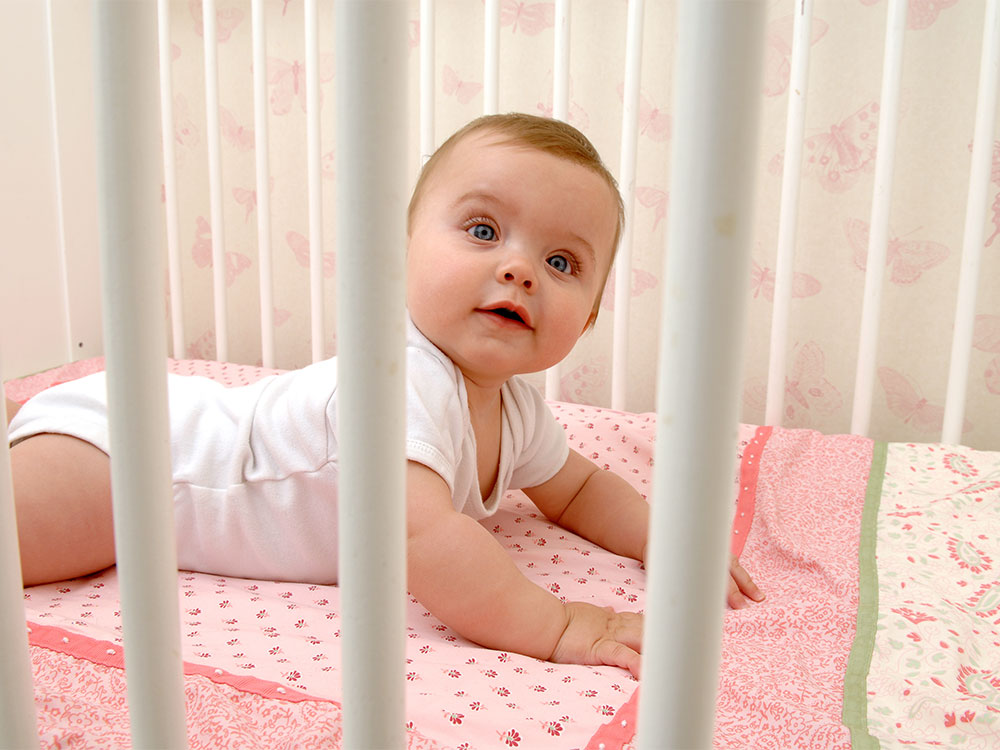
18 month old sleep problems
Sleep and Your 1- to 2-Year-Old (for Parents) - KidsHealth At around 18 months, or sometimes sooner, most toddlers condense their two naps into one afternoon nap. ... Your 1- to 2-year-old should still sleep in a safe, secure crib. Before a child's first birthday, ... Talk with your doctor about any sleep problems that seem severe to you, such as recurring nightmares. Reviewed by: ... Establishing healthy sleep habits: 18 to 24 months | BabyCenter Typical sleep at this age Most toddlers need about 11 to 14 hours of sleep per day, including a one- to three-hour nap each afternoon, according to the American Academy of Sleep Medicine. Some children continue to take two shorter daily naps until they turn 2. (If yours is one of them, don't fight it!) Establishing healthy sleep habits 18 Month Sleep Regression: How to Get Your Toddler Back to Sleep At 18 months, a child should be sleeping around 13 - 14 hours total. That's broken up into eleven hours of uninterrupted sleep at night, and two to two-and-a-half hours of naps. Most 18-month-olds will be taking a single afternoon nap. Wondering what your child's sleep schedule should be at 18 months?
18 month old sleep problems. 18 month old sleep schedule: Bedtime and nap schedule What time should an 18 month old go to bed? 18 month olds benefit from a regular schedule, including 11 - 12 hours of nighttime sleep. Bedtime should be fairly consistent at this age, with most 18 month olds going to bed between 6:00 and 8:00 PM. If your toddler is struggling to fall asleep at bedtime, consider whether the awake period between ... 18 Month Sleep Regression - 7 Tips and Tricks | Sleep Advisor Average Sleep Needs for an 18-Month-Old Toddler. Most toddlers at this stage need about 11 to 14 hours of sleep for every 24 hours. This is collected by way of sleeping through the night, hopefully about 10 to 12 hours, plus one (or possibly two) naps during the day. These naps are best taken mid-morning and mid-afternoon, waking up before 4 PM. 18 Month Sleep Regression: The Signs, Causes and Tips for getting ... Feb 13, 2023 ... Since this particular regression is linked with your toddler's development, it may not happen at exactly 18 months. Instead, your toddler might ... 8-Month Infant Sleep Regression | Sleep Foundation A panel of experts organized by the National Sleep Foundation recommends that eight-month-olds sleep for 12 to 15 total hours per day. That usually includes a couple of daytime naps, but many babies also start sleeping through the night at around six months . That said, it is not uncommon for eight-month-olds to still wake up during the night.
Dealing With Toddler Sleep Regressions - Parents Toddler sleep regression generally occurs between 18 months and 2 years of age, although the exact timing is different for each child. If you've noticed the symptoms, rest assured that most sleep ... 8 Tips for Surviving the (Hard) 18 Month Sleep Regression Your little girl hits the 18-month-mark and turns into a toddler, who isn't such a great little sleeper any longer. not for bedtime, not for nap time, and often wakes up multiple times, something you haven't had to deal with up to this point. Welcome to the 18 month sleep regression. I know what you're going through. Child sleep: Put preschool bedtime problems to rest Start with a calming bedtime routine. Then offer a comfort object, such as a favorite stuffed animal or blanket. Turn on a night light or leave the bedroom door open if it will help your child feel better. Make sure your child is safe and well and leave the room. Avoid returning to your child's room if he or she calls out to you. 18 Month Sleep Regression: Causes and 6 Tips on How to Survive it Offer Comfort Offer comfort without nursing or milk, and do so in the confines of baby's bedroom. · Be generous with the painkillers. Those canines can be ...
18-month sleep regression: Causes, signs, and tips - Medical News Today During the 18-month sleep regression, even toddlers who once slept well may sleep less or have more trouble falling asleep. Causes Several factors may contribute to the 18-month sleep... The Toddler (16-18-ish) Month Regression: What is it ... - babysleepscience Learn about 16 -18 month old sleep schedules, the science behind 16 - 18 month sleep regressions, and the best methods to help your child sleep through the night. Your toddler might have a true sleep regression and get better with minimal effort after a rough week or two OR she might get stuck in a bad. Top Reasons Children Can't Sleep - WebMD For the first two months, newborns sleep off and on at random times for 12 to 18 hours a day. Most babies sleep through the night by the time they're about 9 months old. Even then, "night" means ... Toddler Sleep Problems: 18 Month Sleep Regression - The Sleep Lady 5 Tips to Help You Deal with an 18 Month Sleep Regression 1. Understand this is temporary. That thought alone may save your sanity when your child is crying and refusing to nap. 2. Do what you can. If you have a very independent little one, they're going to test, and that's okay. Just do what you can to encourage them to sleep.
18-Month Sleep Regression: When a Toddler Won't Sleep - Verywell Family The 18-month sleep regression may happen somewhere around the age of 18 months and even as late as age 2. You may see this regression around the time that your toddler starts to become more mobile and test limits. They realize they can walk out of their bedroom if they decide to, and they want to see what you'll do about it. 5
Childhood Insomnia and Sleep Problems - HelpGuide.org Sleep problems are common among children, especially when they're young. Insomnia, bedtime fears, night terrors, sleepwalking, and bed-wetting can all disrupt your child's natural sleep pattern. Some children may not feel tired at their designated bedtime while others have trouble falling asleep without a parent present.
Dealing with Baby Sleep Issues: 13 to 18 Months - Education If sleep turns into an all-out war at bedtime, no one is going to be getting much rest. By making sure that bedtime is less of a power struggle, you'll both be able to head to bed in a calm state of mind. Try giving your headstrong toddler choices at bedtime; she can choose her pajamas, the book you read, and even the song you sing.
18-Month Infant Sleep Regression | Sleep Foundation Managing Sleep Problems From Teething Teething is an ongoing process that starts during infancy and can last through the toddler years. Because it's uncomfortable, it may complicate falling asleep or sleeping through the night. You can offer relief to your toddler in a few ways: Lightly massage their gums using a washcloth that is damp and cool
18-Month Sleep Regression: Signs, Causes, and Tips - Healthline At 18 months of age, your child should be getting around 11 to 14 hours of sleep every 24 hours. That might take the form of 1 1/2 to 2 hours of napping in the afternoon and 10 to 12 hours of...
Pediatric obstructive sleep apnea - Symptoms and causes During sleep, signs and symptoms of pediatric sleep apnea might include: Snoring Pauses in breathing Restless sleep Snorting, coughing or choking Mouth breathing Nighttime sweating Bed-wetting Sleep terrors Infants and young children with obstructive sleep apnea don't always snore. They might just have disturbed sleep.
18 month sleep regression: What causes it and what to do? 18 month sleep regression: What causes it and what to do? | Huckleberry If your toddler is around 18 months old and experiencing sudden sleep challenges, you may be dealing with the dreaded "18 month sleep regression." While this stage in your toddler's life has its challenges, it's also a reminder of a child's growth and development.
18 Month Old Toddler Sleep Regression | The Baby Sleep Site Around 18 months, children are cutting the 4 canine teeth as well as their first molars. This can cause discomfort that leads to disrupted sleep. Separation anxiety is still an issue for toddlers at 18 months. Most babies begin experiencing separation anxiety around 7 or 8 months, and for most babies, the anxiety is strongest from 10-18 months.
18 Month Sleep Regression: Tips from a Sleep Expert Tips While at 18 months, most toddlers can stay awake about 5 hours, some 2 year olds are ready for 5 ½ to 6 hours. But, watch carefully since overtired toddlers tend to have more tantrums, wake at night, and wake too early. Hopefully these tips will help you survive the 18 month sleep regression as well as the 2 year sleep regression.
The 18-Month Sleep Regression in Toddlers - What to Expect An 18-month sleep regression may spark memories of similar sleep woes you experienced in the past, including the 4-month and 6-month sleep regressions, one at 8 months, one at 12 months and one at 15 months. These events are often closely tied to major milestone achievements related to language and gross motor skills.
Sleep Disorders in Children - WebMD There's a price to pay for sleep problems in children. In a revealing study at Northwestern University Medical Center, scientists followed the sleep patterns of 510 kids between 2 and 5 years old.
Why the 18 Month Sleep Regression Can Be One of the Hardest 18 Month Sleep Regression Conclusion Remember that the 18-month sleep regression is a phase that lasts for 3-6 weeks, on average. And, while it can feel like an eternity when you're enduring it and may have you feeling even less confident as a parent, it won't last forever.
18 Month Sleep Regression: How to Get Your Toddler Back to Sleep At 18 months, a child should be sleeping around 13 - 14 hours total. That's broken up into eleven hours of uninterrupted sleep at night, and two to two-and-a-half hours of naps. Most 18-month-olds will be taking a single afternoon nap. Wondering what your child's sleep schedule should be at 18 months?
Establishing healthy sleep habits: 18 to 24 months | BabyCenter Typical sleep at this age Most toddlers need about 11 to 14 hours of sleep per day, including a one- to three-hour nap each afternoon, according to the American Academy of Sleep Medicine. Some children continue to take two shorter daily naps until they turn 2. (If yours is one of them, don't fight it!) Establishing healthy sleep habits
Sleep and Your 1- to 2-Year-Old (for Parents) - KidsHealth At around 18 months, or sometimes sooner, most toddlers condense their two naps into one afternoon nap. ... Your 1- to 2-year-old should still sleep in a safe, secure crib. Before a child's first birthday, ... Talk with your doctor about any sleep problems that seem severe to you, such as recurring nightmares. Reviewed by: ...

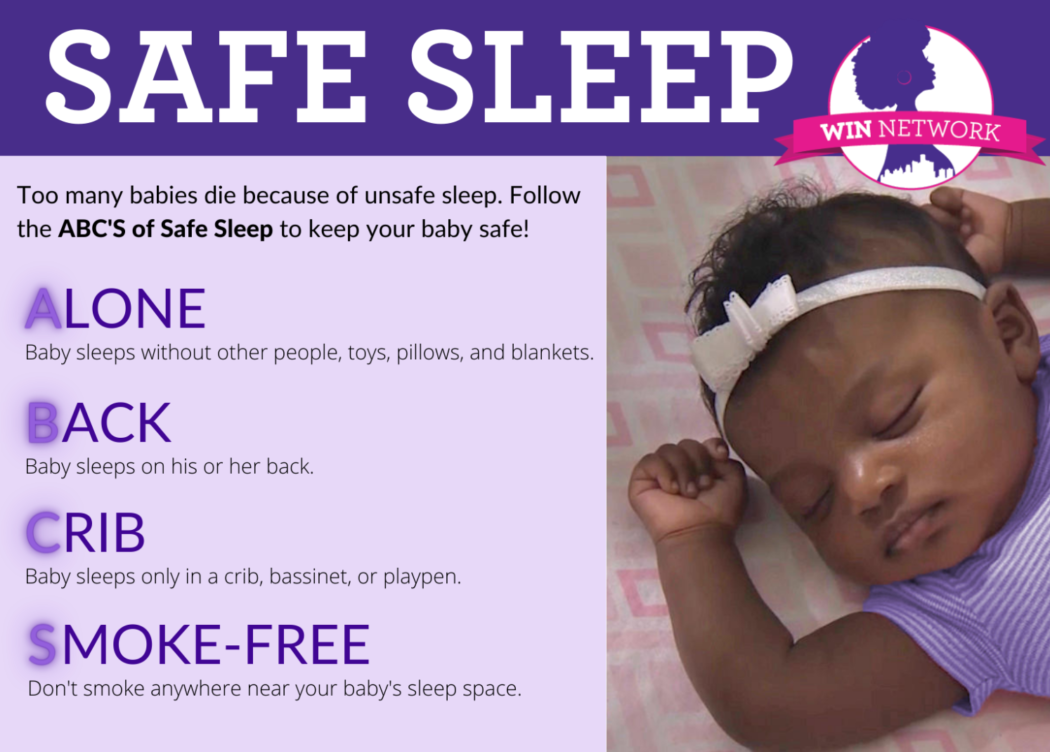
:max_bytes(150000):strip_icc()/gettyimages-538631874-e078573f5f014e598ca33d92c2df7993.jpg)
.webp)





:max_bytes(150000):strip_icc()/GettyImages-135538251-2000-36fa3378fc014ce2b81526dd22aa488f.jpg)
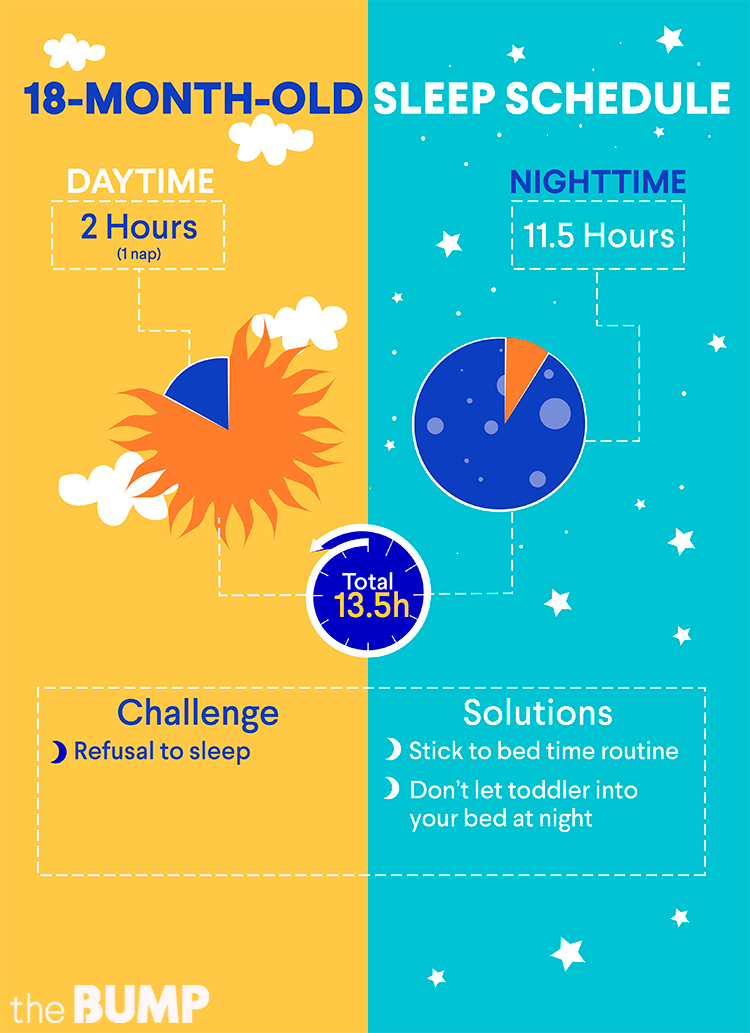


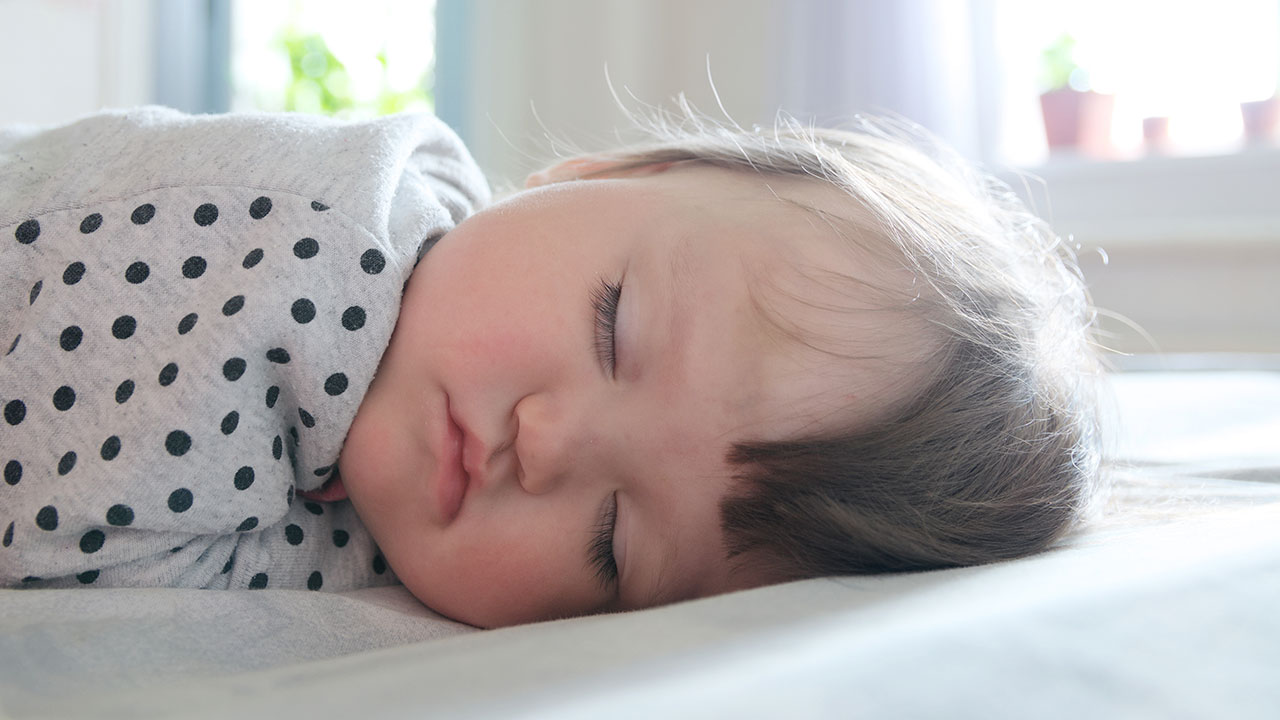


:max_bytes(150000):strip_icc()/iStock-697853494-5aa6c6c1875db9003704386d.jpg)
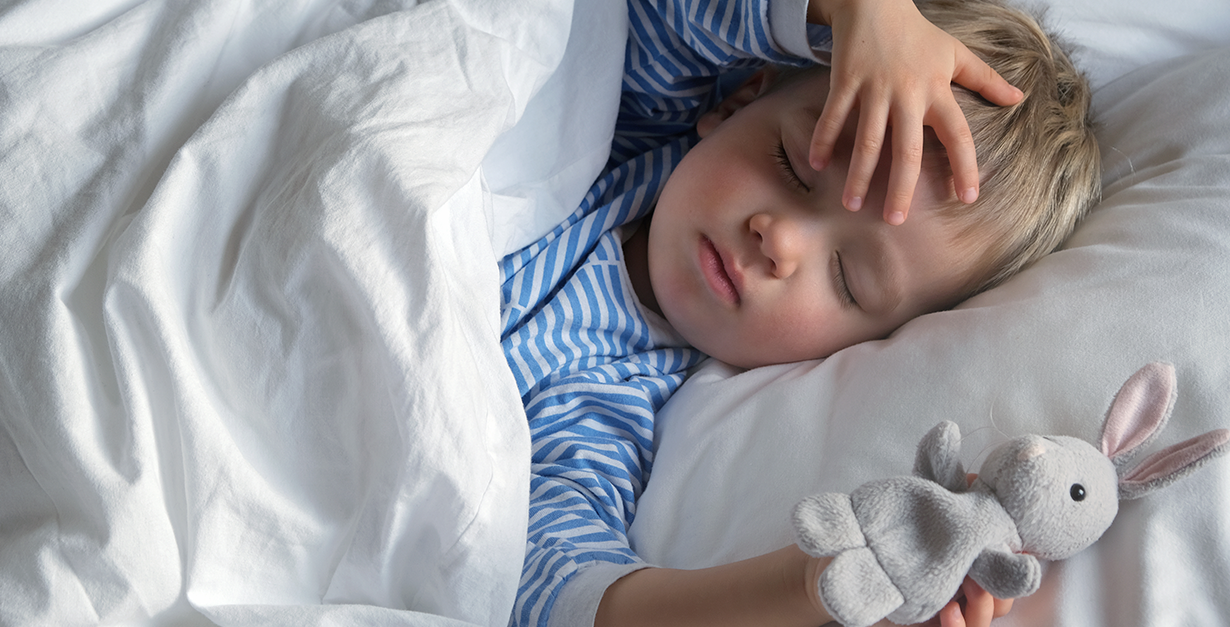



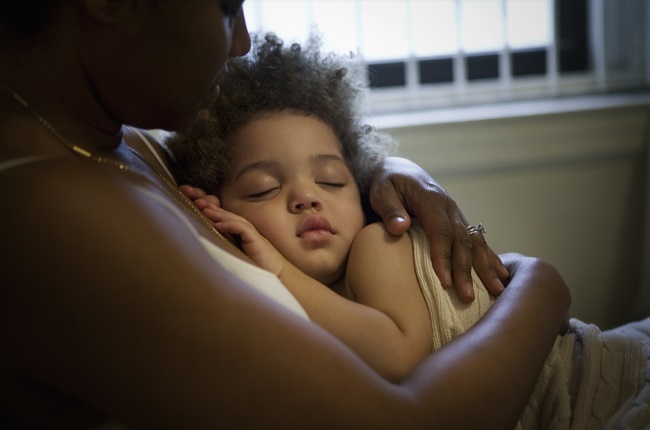

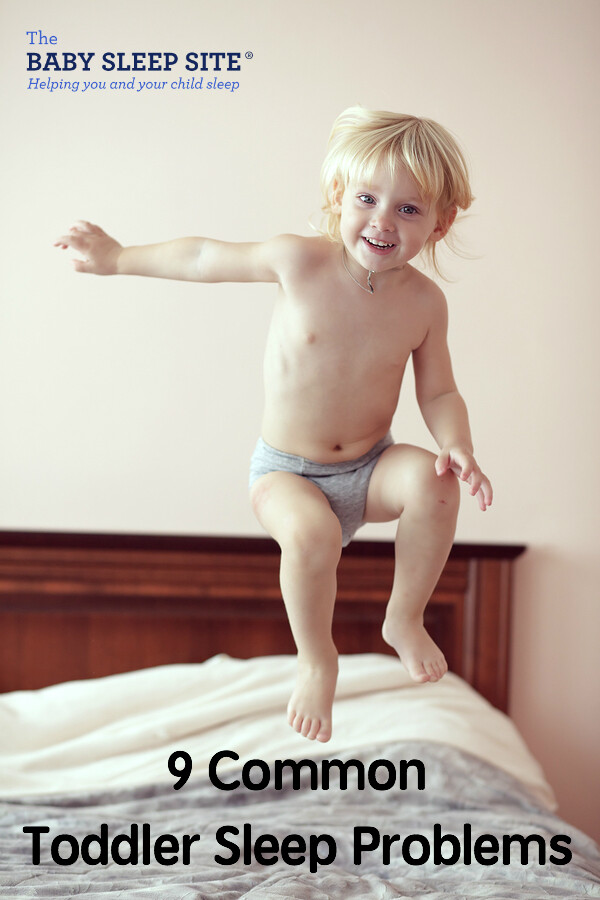






:max_bytes(150000):strip_icc()/sleepingbaby-b2b99fa642ff424e8f6a497ce305429b.jpg)
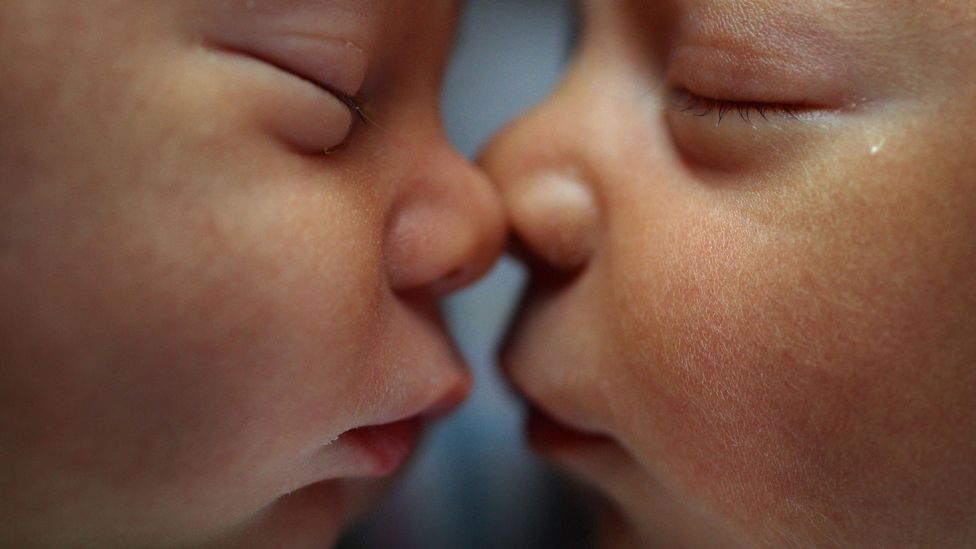
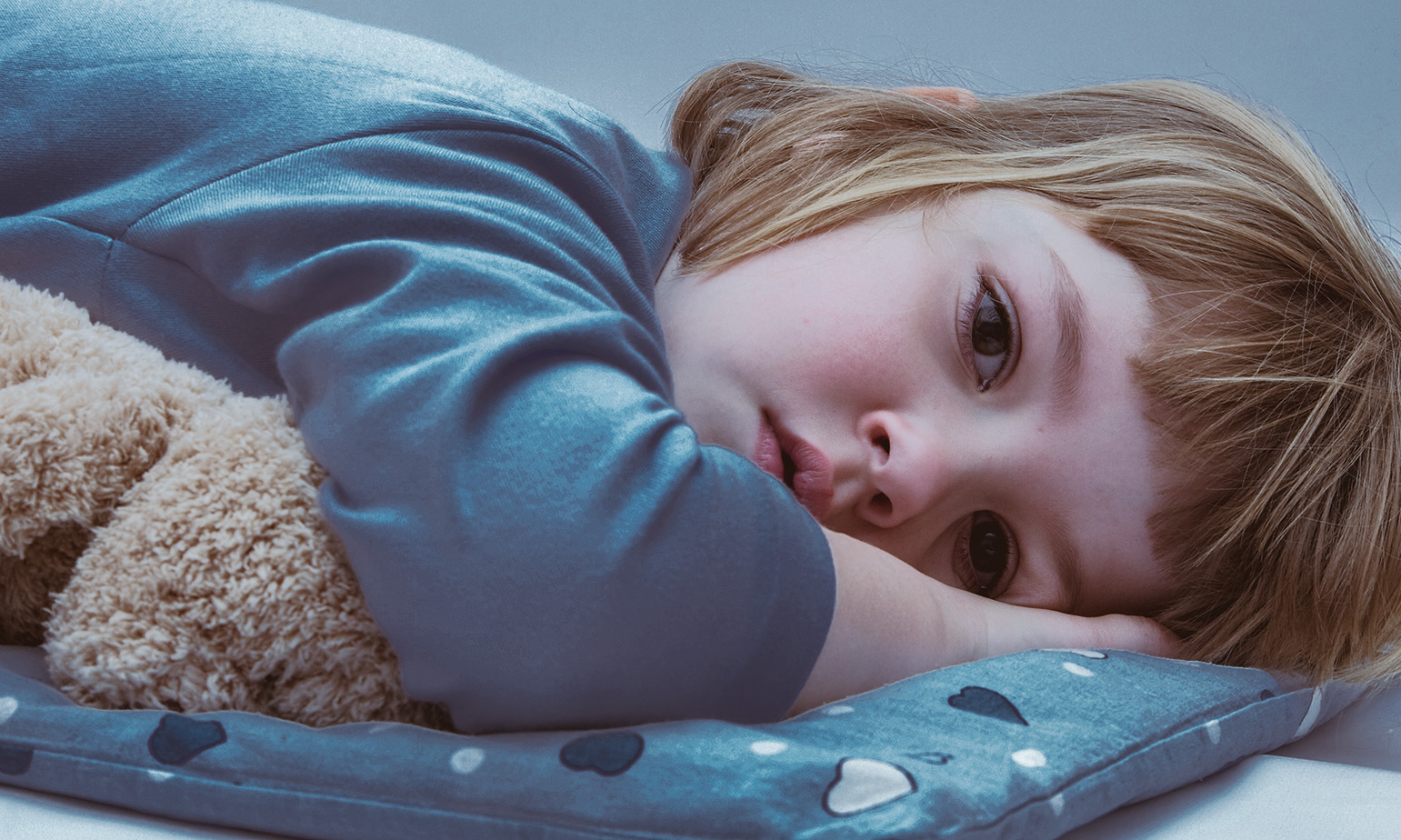
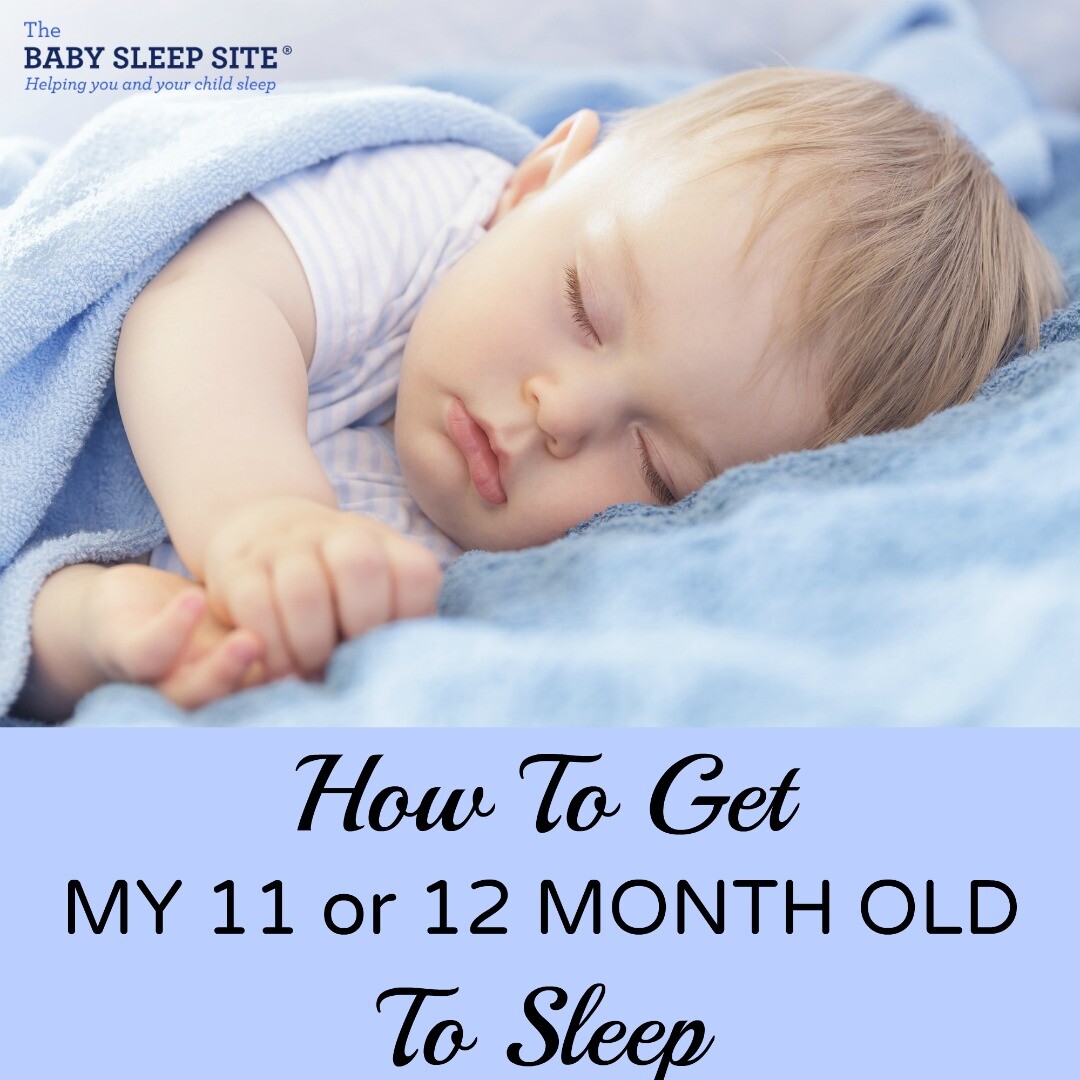

.png)

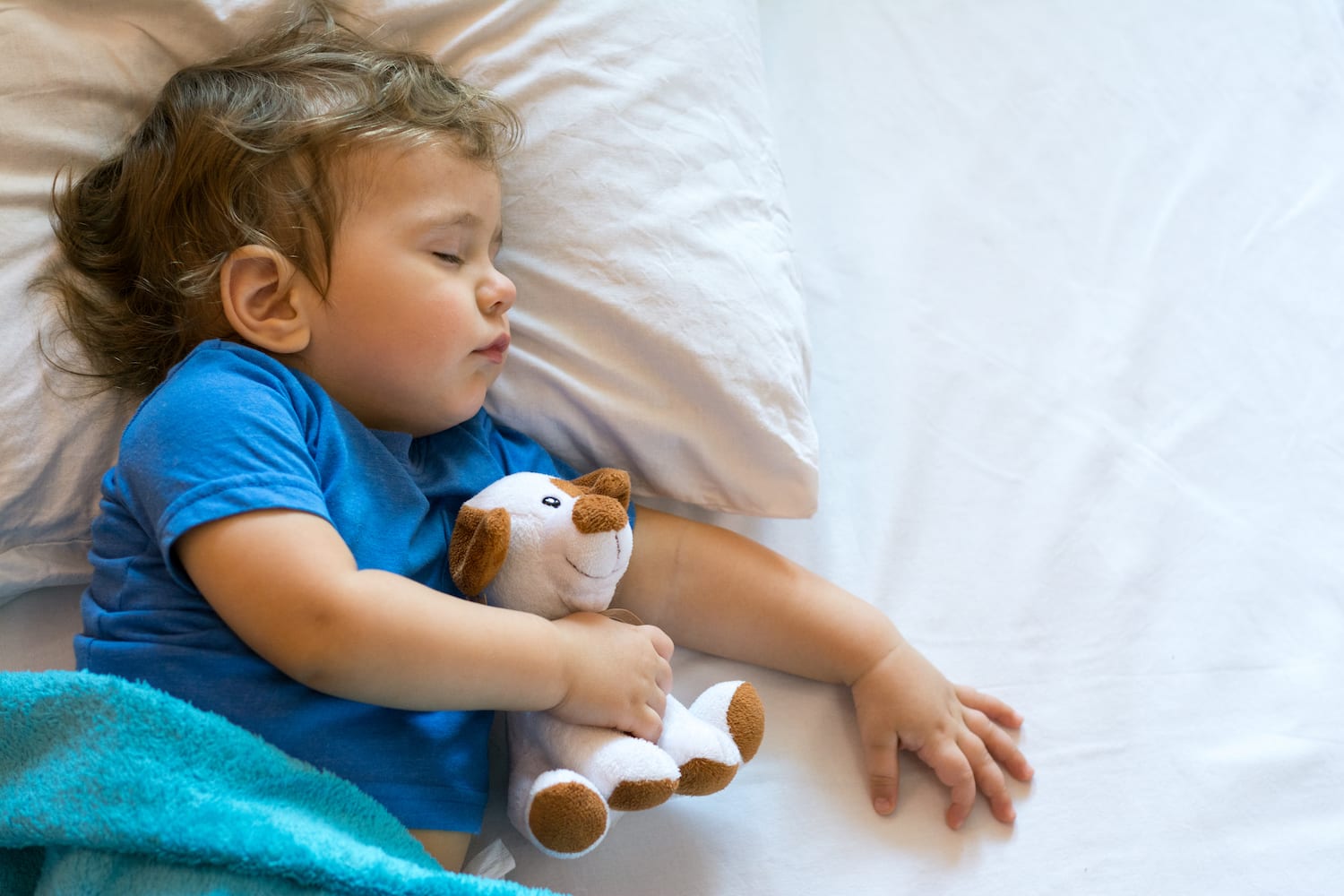
0 Response to "43 18 month old sleep problems"
Post a Comment